Top 10 Best Governed Countries in Africa 2025
By ICON TEAM | Published on Oct 10, 2025
The Chandler Good Government Index (CGGI) is still a very important tool for measuring governance around the world in 2025. It looks at 120 countries using 35 main factors, including policy execution, institutional efficiency, and public accountability. This indicator shows that African countries have made great success despite problems on the continent. Strong governance has been key to promoting economic growth, political stability, and public trust. The top 10 performers in Africa show how good leadership can drive growth even in places with few resources. They do this via things like inclusive democracies and creative reforms. This rating shows a bigger trend: whereas more than half of the countries that were looked at saw their governance get worse between 2021 and 2025, certain leaders have gone against the trend by being strong and planning ahead.
List Of Top 10 Best Governed Countries in Africa 2025:
1. Mauritius:
Mauritius, the island paradise in the Indian Ocean, has once again been named the best-governed country in Africa by the 2025 CGGI. It came in 51st place in the world with a score of 0.553. This is the sixth year in a row that it has been at the top of the continent, showing its consistent dedication to democratic values and strong institutions. Mauritius is different because it has a constitutional democracy with an independent judiciary and a stable political landscape that puts the rule of law and human liberties first. The country's diverse ethnic and religious groups thrive on inclusiveness. An independent Electoral Commission makes sure that elections are fair and that everyone is represented fairly through conversation and fair policies.
If you look more closely, you'll see that Mauritius's excellent governance extends to its economic management. The country has gone from being dependent on sugar to becoming a diverse powerhouse in tourism, ICT, renewable energy, and financial services. This change is based on clear public financial management and high anti-corruption rankings, which are made possible by strict monitoring and evaluations of civil service performance. Professionalizing administration through institutions like the Civil Service College keeps it focused on citizens and competent. Mauritius is known around the world as Africa's most competitive economy because of its stable government, trustworthy courts, and clear rules that make it a good place to invest. Its commitment to human rights, social welfare, and sustainable development not only keeps peace at home, but it also sets an example for small governments around the world. This shows that stability, inclusion, and long-term planning are the keys to successful governance.
2. Rwanda:
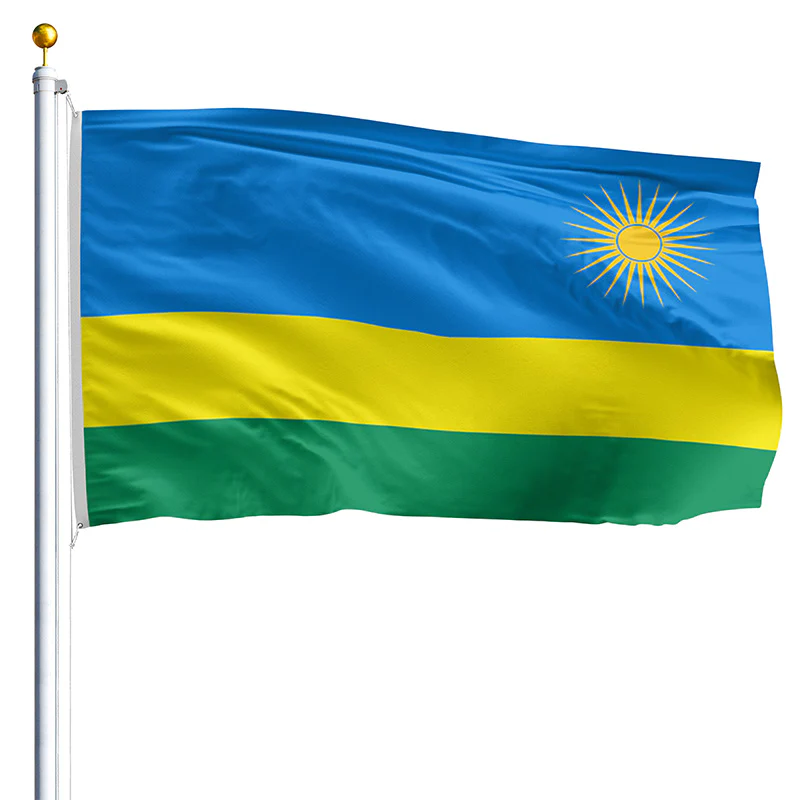
Rwanda's spectacular climb in governance rankings continues unabated, earning it the second slot in Africa on the 2025 CGGI with a global rank of 55 and a score of 0.529. This East African country has changed the way countries recover after a war by using a governance model based on discipline, accountability, and long-term planning. It rose from the ashes of the 1994 genocide. At its core is a strong executive, along with important institutions like the Rwanda Governance Board, the Office of the Ombudsman, and a civil service that focuses on results and openness.
Rwanda's strength is in its focus on results, which is shown by the Imihigo system of annual performance contracts that hold officials accountable at all levels and lead to better service delivery. The justice system has changed a lot, from communal Gacaca courts to digitalized processes and business arbitration. These changes have made it easier to use and more efficient. Irembo and other e-governance platforms make it easier for citizens to use online services, cut down on red tape and corruption, and use smart city technology and digital IDs to get people more involved. Rwanda's gender equality, with more than 60% of its legislators being women, is a world record. The country also helps keep the peace and mediate conflicts through the African Union. Rwanda has converted sorrow into a plan for quick, responsible growth across Africa by combining reformist zeal, new ideas for institutions, and future-oriented plans like Vision 2050.
3. Botswana:
Botswana, the diamond-rich southern African gem, is still a model of good government. It is ranked third in Africa and 61st in the world on the 2025 CGGI with a score of 0.501. Since becoming independent in 1966, the country has built a legacy of stable institutions, the rule of law, and fiscal responsibility. This is based on a parliamentary democracy with a respected electoral commission and an independent judiciary that makes sure leadership changes are smooth and policies stay the same.
A culture of accountability is key to Botswana's success. The Auditor General and the Directorate on Corruption and Economic Crime keep an eye on how diamond money is spent on things like education, healthcare, and infrastructure. Its highly trained civil service is one of the best in Africa, allowing for quick implementation of policies and delivery of public services. Recent improvements include e-governance developments in procurement, land services, and taxation, which lower the danger of corruption. Vision 2036 also makes good governance a key part of transparency, decentralization, and innovation. Botswana's participation in the Southern African Development Community (SADC) and hosting of international organizations increase its influence in the region. This strengthens its position as a leader in governance in Southern Africa and a symbol of persistent excellence on the continent.
4. Morocco:
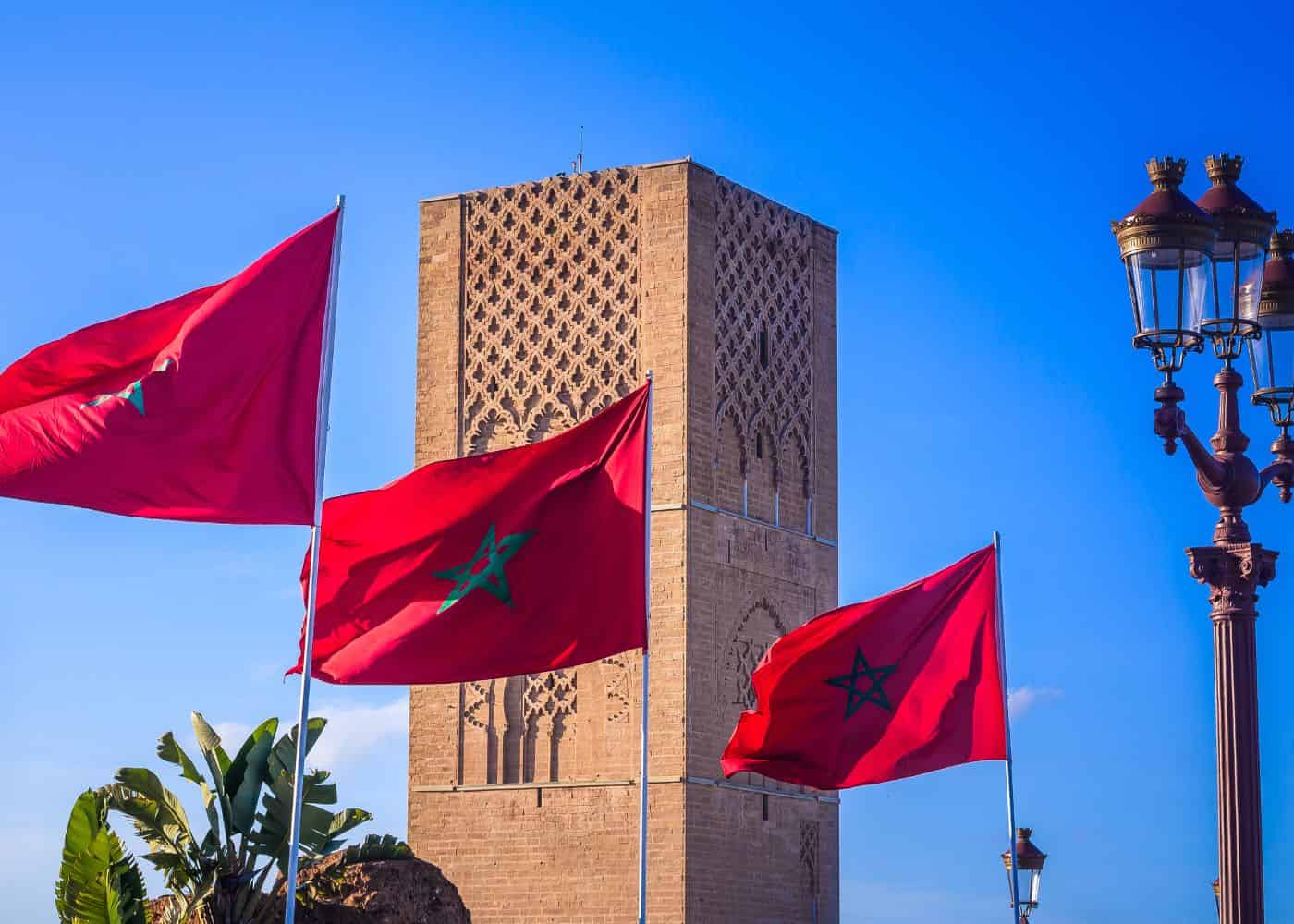
Morocco is ranked fourth in Africa's 2025 CGGI, with a score of 0.466 and a global position of 75. This is because it combines old and new. As the leader of North Africa's reform movement, the monarchy has skillfully combined its monarchical past with progressive constitutional changes. The 2011 reforms, for example, gave parliament more power, made the judiciary more independent, and required government processes to be open and honest.
The High Council of Judicial Power makes sure that the justice system is fair, and there have been improvements in the efficiency of government through the use of digital platforms and less bureaucratic processes that make it easier for citizens to obtain services. The regionalization concept gives municipalities more ability to plan and budget for development that meets their needs. Vision 2035 is an ambitious plan that connects changes in government with changes in the economy. The National Authority for Probity's anti-corruption campaign and e-procurement technologies support this. Morocco's return to the African Union in 2017 gave it a stronger voice in discussions about governance on the continent. It has become a North African model of balanced, flexible leadership that combines tradition with new ideas.
5. South Africa:
With a score of 0.461, South Africa is in fifth place in Africa's 2025 CGGI and 77th place in the world. Its constitution is strong. The Constitution of 1996, which came after apartheid, is one of the most progressive in the world. It includes the rule of law, the separation of powers, and a full bill of rights, which makes institutions strong enough to handle political storms.
The Constitutional Court, which is the most respected court in the country, makes important rulings that hold people accountable. At the same time, the Public Protector, Auditor-General, and Human Rights Commission keep a close eye on power. A lively civil society and free press make checks stronger, creating a culture of public-led accountability. The National Development Plan 2030's reforms make public service more professional, improve coordination, and keep an eye on performance. Anti-corruption units and digital expansions in licensing and taxation make delivery better. The African Union's participation and the African Peer Review Mechanism's leadership in South Africa show that it is a continental protector and a flexible governance powerhouse that drives inclusive progress.
6. Tanzania:
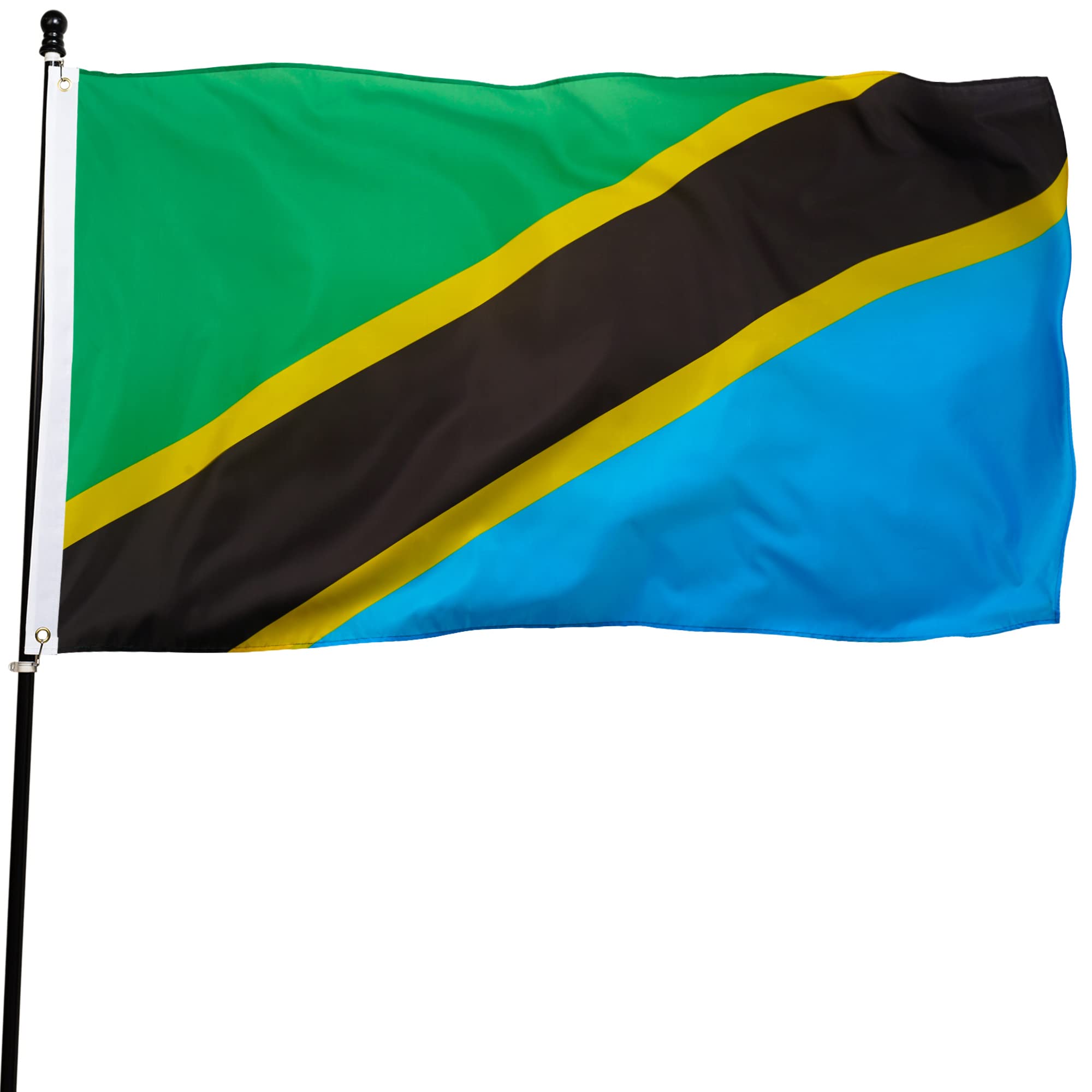
Tanzania's stable political situation puts it sixth in Africa's 2025 CGGI and 78th in the world with a score of 0.457. Its constitutional framework is based on stability after independence and the unique Tanganyika-Zanzibar union. It supports consistent state-led development and reforms that last through different administrations.
The Controller and Auditor General's review of spending and the Local Government Reform Programme's decentralization both help make local government more responsive and accountable. The judiciary's increasing autonomy serves as an essential safeguard. E-procurement, digital tax platforms, and property registries are all part of modernization initiatives to fight inefficiencies and corruption. These efforts are in line with Tanzania Development Vision 2025's focus on governance and growth. Tanzania's engagement in the East African Community helps bring the area together and makes it a model for sustained, citizen-focused progress in East Africa.
7. Egypt:
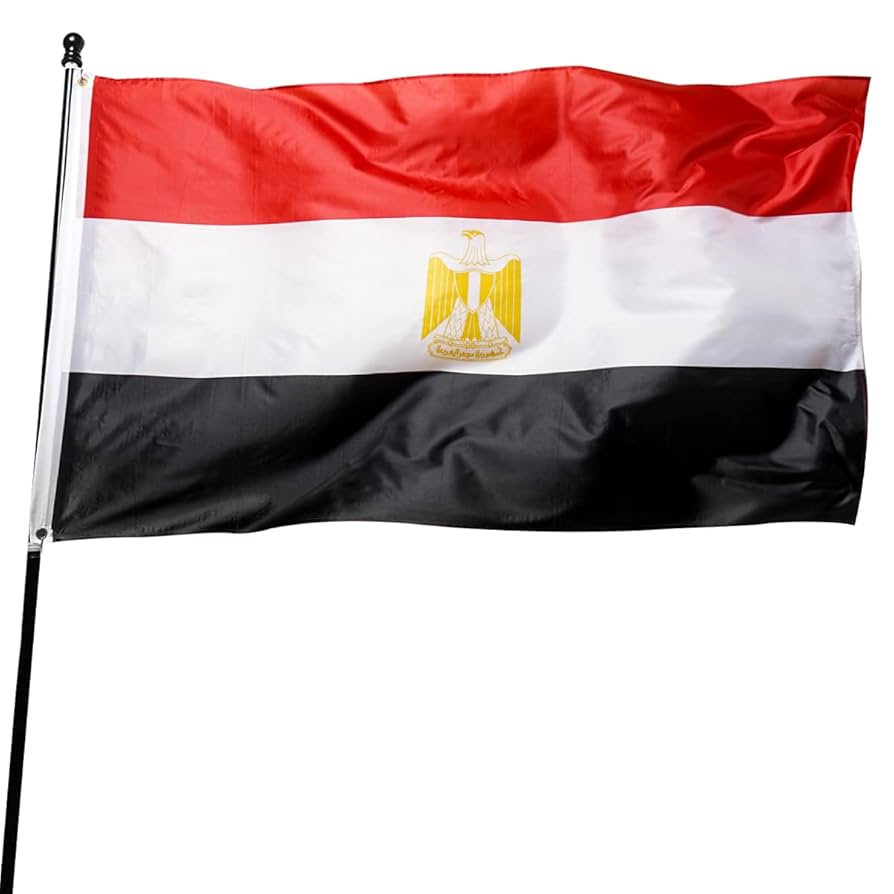
Egypt's strong government puts it fifth in Africa's 2025 CGGI and 81st in the world with a score of 0.440. As Africa's population behemoth, its governance skills show in its ability to handle huge tasks, build huge infrastructure, and run a strong bureaucracy that has been modernized over hundreds of years.
The "Digital Egypt" project is making public services including education, healthcare, and taxes more accessible and efficient by digitizing them. Performance evaluations are also making the civil service more professional. Egypt Vision 2030 combines governance with broad goals, and the Administrative Control Authority's anti-corruption transparency in procurement strengthens integrity. Egypt's functions in the African Union as a security and mediator give it more power. This shows a paradigm where size meets strategic modernization for lasting continental importance.
8. Senegal:
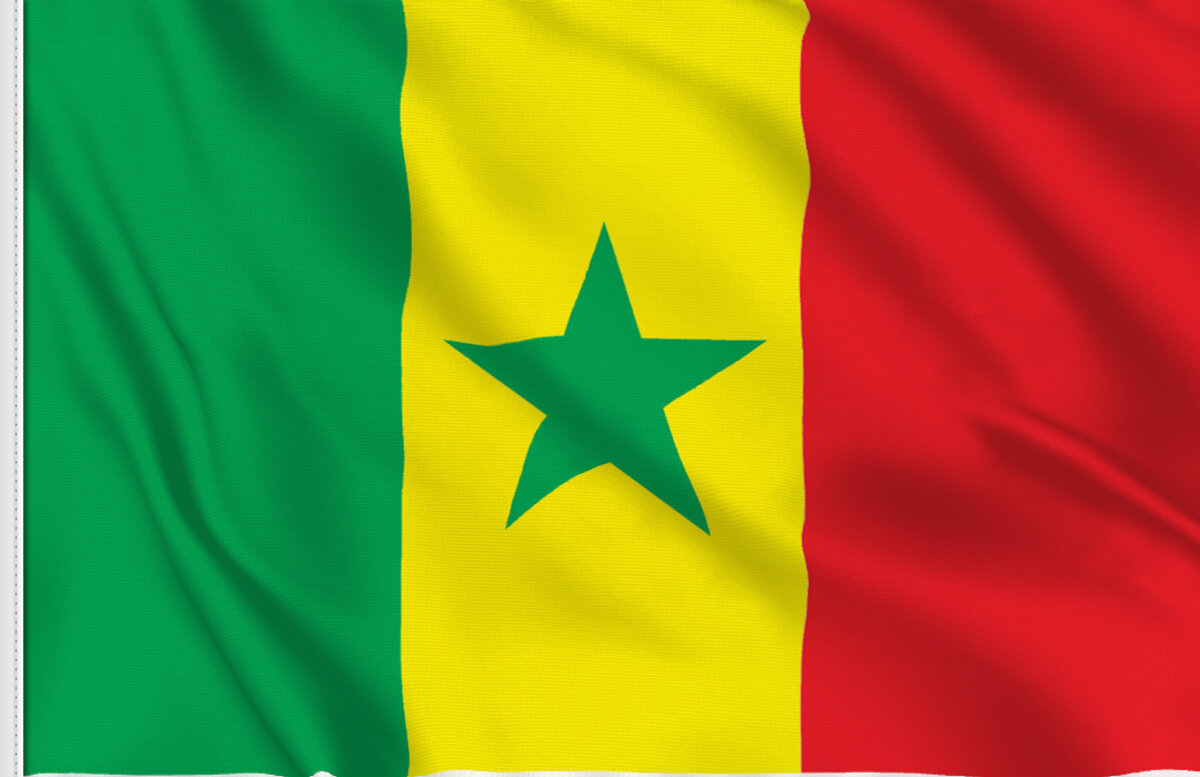
Senegal's democratic endurance comes in eighth place in Africa's 2025 CGGI and 83rd place in the world with a score of 0.430. It has been a coup-free stronghold in West Africa since independence, promoting competition between political parties, a trustworthy judiciary, and constitutional bodies, all in a culture of ongoing public participation.
Strong civil society, unions, and media keep people accountable, and decentralization gives local finances and planning more power to make sure everyone is included. Judicial modernizations speed up the court system, while Plan Sénégal Émergent links institutional efficiency to growth through digital taxes and registries. The leaders of ECOWAS have made Senegal a model for governance in West Africa by combining community-driven changes with international standards for responsive, stable administration.
9. Ghana:
Ghana's democracy is strong, which is why it is ranked ninth in Africa's 2025 CGGI and 86th in the world with a score of 0.430. Since the constitutional resurrection in 1992, its independent Electoral Commission and upholding courts have made peaceful power changes normal, setting it apart from other unstable West African countries.
A vibrant civic sphere, which includes civil society, the media, and a strong parliament, keeps a close eye on things. The Extractive Industries Transparency Initiative adds to this by making it easier to understand how resource revenues are used. Digitalization through biometrics, e-taxes, and corporate streamlining changes delivery in a big way, while the Office of the Special Prosecutor strengthens anti-corruption efforts. The Coordinated Programme of Economic and Social Development Policies connects governance to growth that includes everyone. This strengthens Ghana's position as a model for democratic reform in Africa.
10. Namibia:
Namibia is in the top 10 of Africa's 2025 CGGI and 90th in the world with a score of 0.415. Since gaining independence in 1990, its well-known Constitution has protected human liberties and fair elections by guaranteeing the rule of law, judicial independence, and multiparty democracy.
The Ombudsman and the Anti-Corruption Commission, as well as legislative oversight and decentralization, help people trust the government by making it clear how it works. Digital tax, land, and social platforms that speed up processes are part of modernization, which is in line with Vision 2030's aspirations for economic diversification and better governance. Following human rights accords and being a member of the SADC/African Union strengthens Namibia's steady rise as a leader in Southern African governance.
Comments 0